EU starts looking for Galileo suppliers
The European Union has advertised a contract for the first part of the £2.4 billion satellite navigation project.
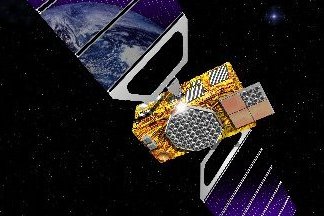
Sign up today and you will receive a free copy of our Future Focus 2025 report - the leading guidance on AI, cybersecurity and other IT challenges as per 700+ senior executives
You are now subscribed
Your newsletter sign-up was successful
The European Commission and the European Space Agency (ESA) have launched procurement for the first of thirty constellations of the European satellite navigation system, the EU rival to America's Global Positioning System (GPS).
The ESA launched its last test satellite in April of this year, but this will be the first leg of the actual system, which is expected to be fully in place by 2013.
European Commission (EC) vice-president in charge of transport Antonio Tajani said the 3.4 billion (2.4 billion) Galileo program will bring the EU into the period of space age technology, and will increase job opportunities.
"By launching this procurement, we are preparing to launch Galileo into a new era where space age technology brings down-to-earth benefits for every citizen and business in Europe," Tajani said. "With Galileo, the European Union will buy a state-of the-art satellite navigation system which will increase economic efficiency and reduce congestion and energy consumption throughout the transport sector. That means boosting growth and jobs and helping to tackle climate change, while also making daily life safer and easier."
In this first phase of the procedure, interested companies should submit a "Request to Participate" to the ESA, and will be short-listed based on criteria set by the ESA.
The notice of the procurement, published in the EU Official Journal on Tuesday, said it is looking for suppliers for six work packages: system support, ground mission segment, ground control segment, space segment (satellites), launch services, and operations.
The Galileo program had previously met with controversy over funding, but in September of last year the EC adopted a proposal to finance the missing 2.4 billion (1.9 billion) to finish the project.
Sign up today and you will receive a free copy of our Future Focus 2025 report - the leading guidance on AI, cybersecurity and other IT challenges as per 700+ senior executives
-
 AWS CEO Matt Garman isn’t convinced AI spells the end of the software industry
AWS CEO Matt Garman isn’t convinced AI spells the end of the software industryNews Software stocks have taken a beating in recent weeks, but AWS CEO Matt Garman has joined Nvidia's Jensen Huang and Databricks CEO Ali Ghodsi in pouring cold water on the AI-fueled hysteria.
-
 Deepfake business risks are growing
Deepfake business risks are growingIn-depth As the risk of being targeted by deepfakes increases, what should businesses be looking out for?
-
 EU inaugurates NanoIC facility for next-generation chips
EU inaugurates NanoIC facility for next-generation chipsNews The project forms part of efforts to reduce reliance on US and Asian supply chains
-
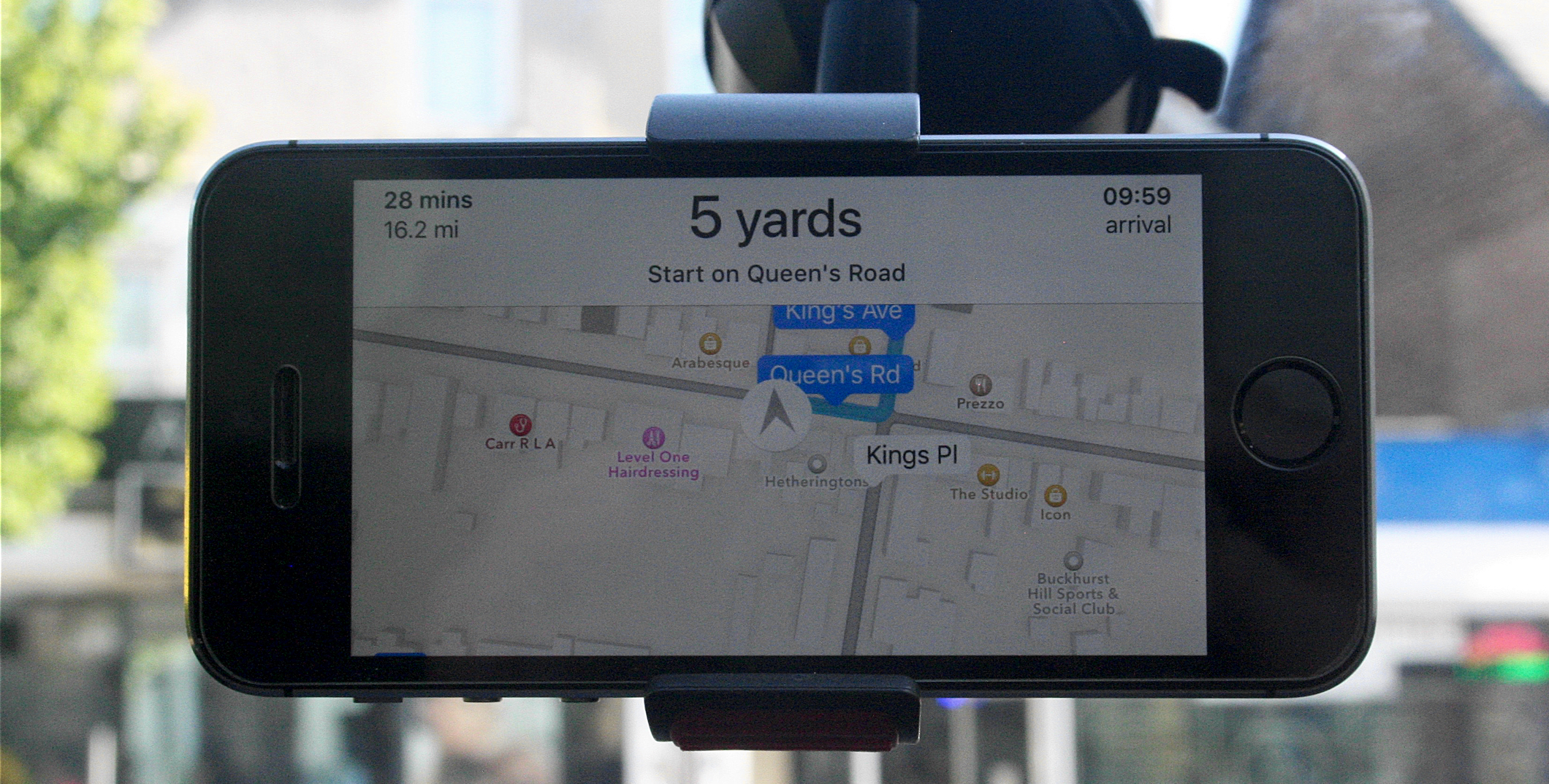 Best satnavs for 2017
Best satnavs for 2017Vs Apps vs hardware - which satnavs will do the best job of getting you from A to B?
-
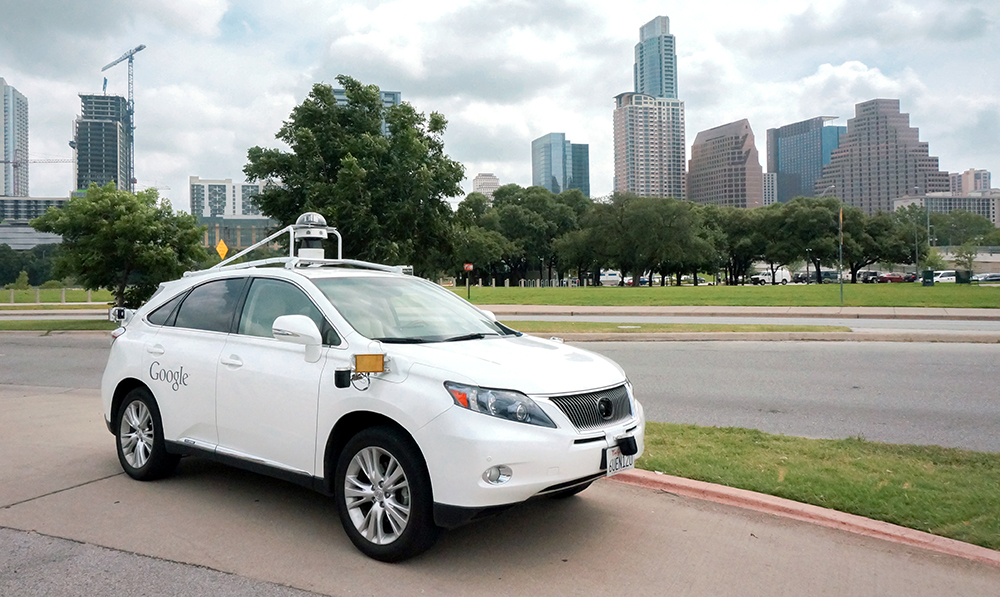 UK government wants Google to trial driverless cars in London
UK government wants Google to trial driverless cars in LondonNews News follows government's £20m investment in autonomous car projects
-
 Intel fails to overturn €1.06 billion fine
Intel fails to overturn €1.06 billion fineNews Anti-competitive conduct resulted in a reduction of consumer choice, court rules
-
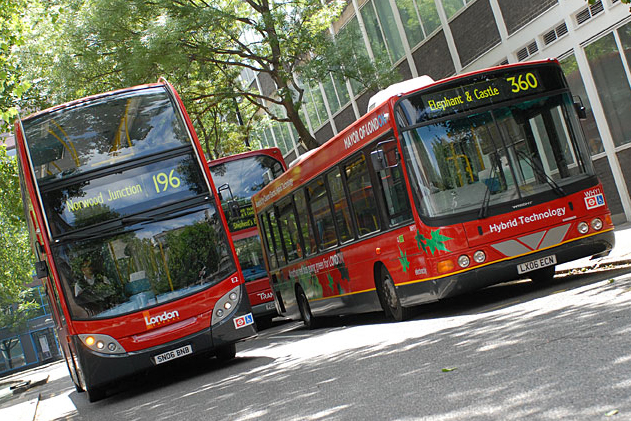 TfL trials interactive bus stop technology in Regent Street
TfL trials interactive bus stop technology in Regent StreetNews TfL teams up with Clear Channel UK to bring real-time, interactive travel information to tourists and commuters.
-
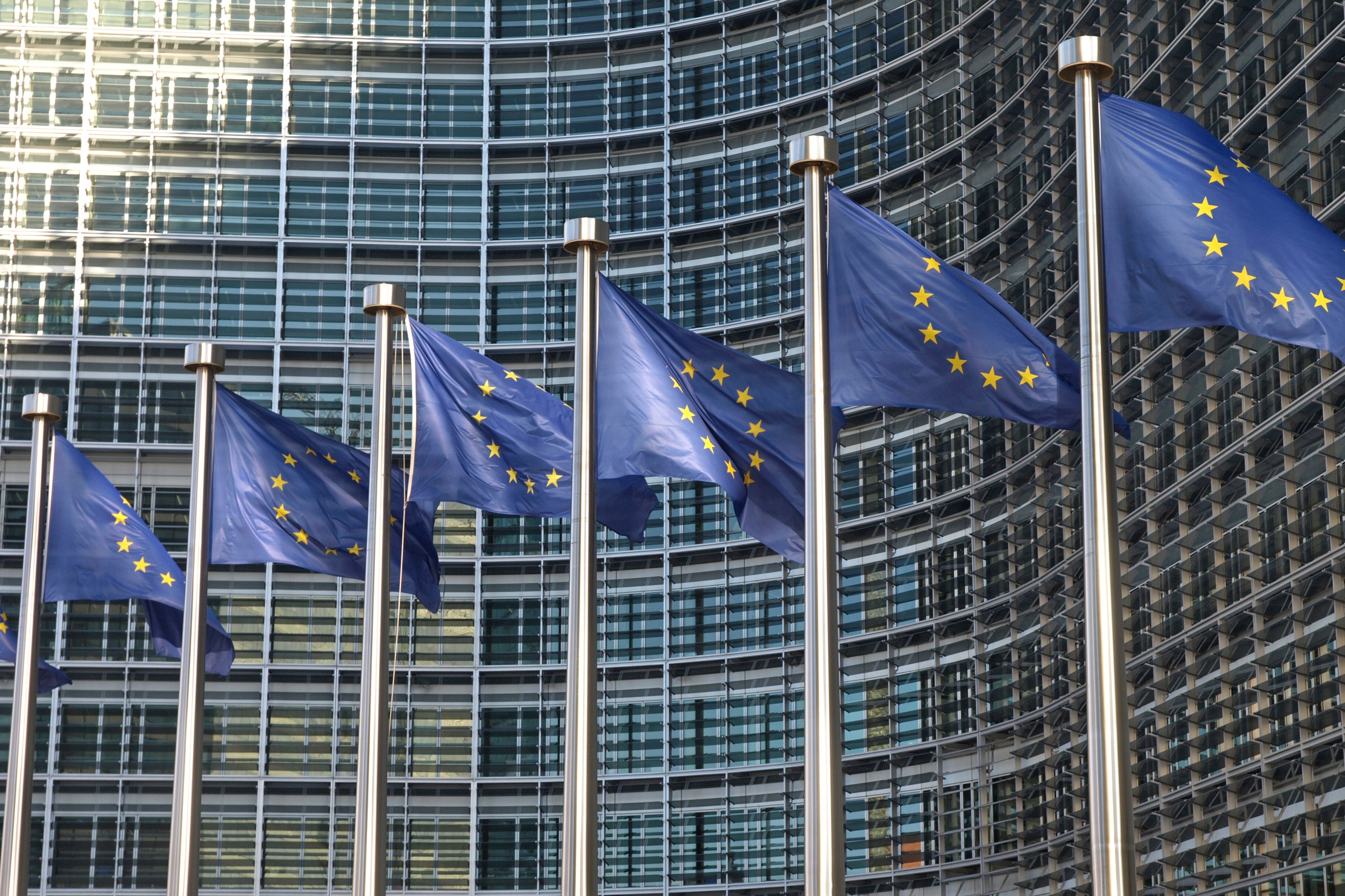 EU wants mobile devices to have universal charger
EU wants mobile devices to have universal chargerNews Manufacturers including Apple could be forced into using a common standard.
-
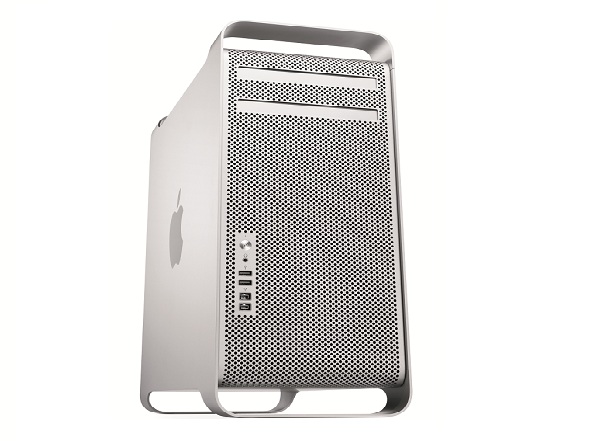 Apple Mac Pro shipments to cease in Europe from 1 March
Apple Mac Pro shipments to cease in Europe from 1 MarchNews Consumer electronics giant will no longer ship product to EU countries following safety regulation changes.
-
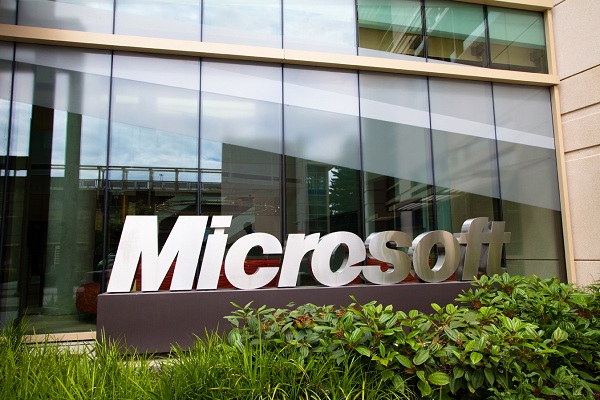 Microsoft takes Google to task over YouTube Windows Phone experience
Microsoft takes Google to task over YouTube Windows Phone experienceNews Software giant claims arch-rival has resisted calls to give Windows Phone users access to a "fully featured" version of its video sharing app.